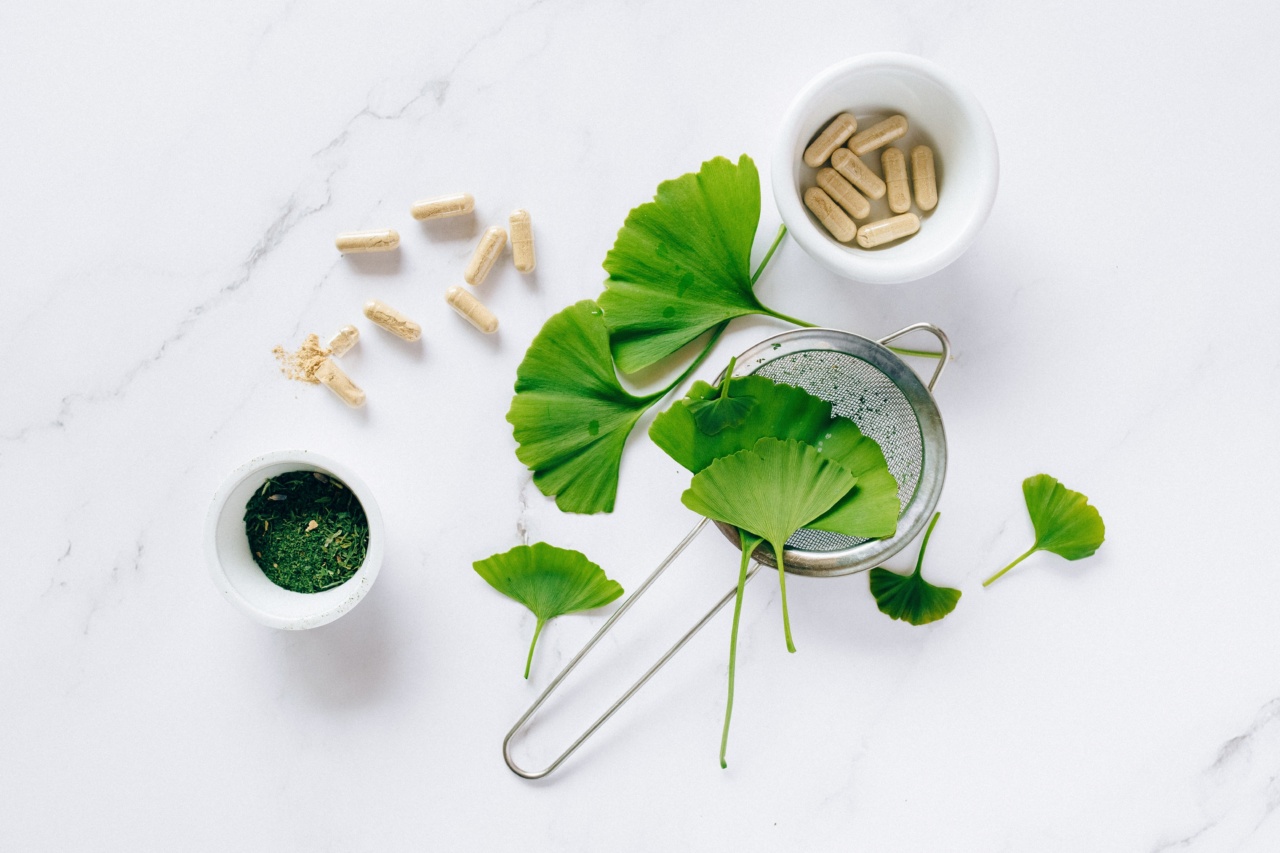High cholesterol is a common health concern around the world. It is a major risk factor for heart disease and stroke. There are several drugs available in the market to manage high cholesterol, but these drugs come with side effects.
Many people are searching for alternatives to popular drugs for high cholesterol management.
1. Red Yeast Rice
Red yeast rice is a traditional Chinese medicine that has been used for centuries to lower cholesterol. It contains a natural statin called monacolin K, which works by blocking an enzyme that is involved in cholesterol production in the liver.
Red yeast rice has been found to be as effective as some prescription statin drugs in reducing cholesterol levels.
2. Plant Sterols and Stanols
Plant sterols and stanols are naturally occurring substances found in fruits, vegetables, and grains. They work by blocking the absorption of cholesterol in the gut.
Studies have shown that consuming foods that are fortified with plant sterols and stanols can reduce LDL cholesterol levels by up to 10%.
3. Omega-3 Fatty Acids
Omega-3 fatty acids are found in fish, nuts, and seeds. They have been found to reduce triglycerides, lower LDL cholesterol, and increase HDL cholesterol.
Some studies have shown that consuming omega-3 fatty acids can reduce the risk of heart disease and stroke.
4. Fiber
Fiber-rich foods, such as fruits, vegetables, whole grains, and legumes, have been found to lower cholesterol levels. Soluble fiber, in particular, can bind to cholesterol in the gut and prevent its absorption.
Eating a diet rich in fiber can also help with weight loss, which can further lower cholesterol.
5. Garlic
Garlic has been used for centuries for its medicinal properties. It contains a compound called allicin, which has been found to lower cholesterol. Studies have shown that consuming garlic can reduce LDL cholesterol levels by up to 10%.
6. Niacin
Niacin, also known as vitamin B3, can lower LDL cholesterol and triglycerides, while increasing HDL cholesterol. It works by preventing the liver from producing too much cholesterol.
However, high doses of niacin can cause side effects, such as flushing and liver damage, so it is important to take niacin under the guidance of a healthcare professional.
7. Psyllium
Psyllium is a type of soluble fiber that is found in some grains and seeds. It works by binding to bile acids in the gut, which are then eliminated from the body.
This causes the liver to use more cholesterol to produce bile acids, leading to a reduction in cholesterol levels. Studies have shown that consuming psyllium can reduce LDL cholesterol levels by up to 10%.
8. Berberine
Berberine is a compound found in several plants, including barberry and goldenseal. It has been found to lower LDL cholesterol and triglycerides, while increasing HDL cholesterol.
Berberine works by inhibiting an enzyme in the liver that is involved in cholesterol production. Some studies have also shown that berberine can reduce inflammation in the body, which is a risk factor for heart disease.
9. Policosanol
Policosanol is a mixture of long-chain alcohols that is derived from sugar cane. It has been found to lower LDL cholesterol levels by up to 20%, while increasing HDL cholesterol.
Policosanol works by inhibiting the liver from producing too much cholesterol. It is believed to be safe and well-tolerated, with few reported side effects.
10. Green Tea
Green tea is a popular beverage that has been found to have numerous health benefits. It contains compounds called catechins, which have been found to lower LDL cholesterol levels.
Some studies have also shown that consuming green tea can reduce the risk of heart disease and stroke.
Conclusion
High cholesterol is a major risk factor for heart disease and stroke. While there are several drugs available to manage high cholesterol, many people are searching for alternatives that do not come with side effects.
Red yeast rice, plant sterols and stanols, omega-3 fatty acids, fiber, garlic, niacin, psyllium, berberine, policosanol, and green tea are all natural alternatives that have been found to lower cholesterol levels. As with any alternative therapy, it is important to talk to a healthcare professional before starting to use it.




























